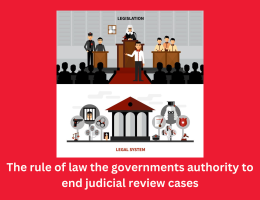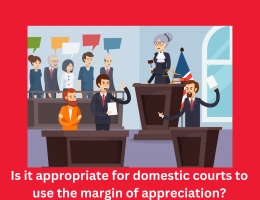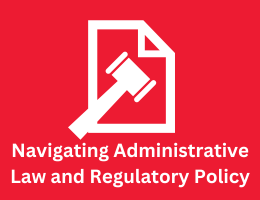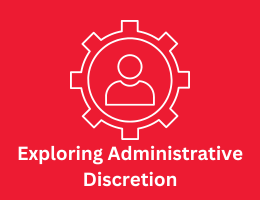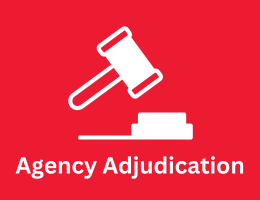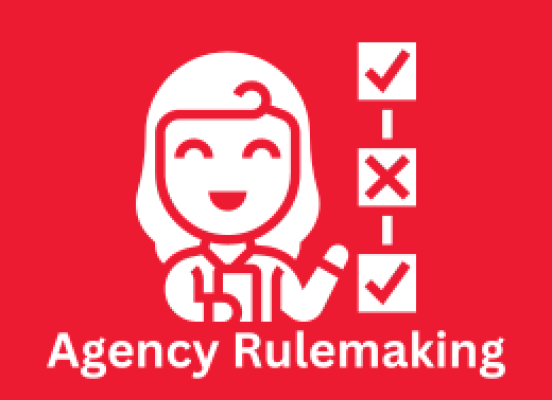
Agency Rulemaking: Navigating the Regulatory Landscape
- By admin --
- Thursday, 07 Mar, 2024
The foundation of administrative law is employer rulemaking, which offers administrative businesses the ability to create policies and policies which have legal force at the back of them. This essay explores the procedural policies that govern organization rulemaking and dives into its complexities. Important topics encompass the judicial evaluation procedure's role in inspecting employer rules, exemptions, and notice and comment procedures.
Introduction to Agency Rulemaking
A critical element of administrative governance is organization rulemaking, which gives businesses the ability to carry out and uphold legal requirements, address new issues, and shield the welfare and fitness of the general public. Rulemaking refers back to the introduction, enactment, and enforcement of legal guidelines and policies addressing many social troubles, along with customer safety, environmental renovation, and monetary manipulation.
The rulemaking system is governed by way of legal and procedural frameworks that provide duty, openness, and public participation.
Agencies might also create guidelines which can be primarily based on stakeholder enter, strong policy issues, and felony concepts by using following these guidelines.
Procedural Requirements of Rulemaking
The motive of rulemaking's procedural requirements is to inspire transparency, fairness, and thoughtful attention whilst creating guidelines. These specs give stakeholders considerable chances to interact inside the rulemaking process and function as boundaries in opposition to arbitrary or capricious enterprise motion. Important procedural conditions encompass:
- Notice and Comment: The most popular kind of organization rulemaking includes 3 most important tiers: word, remark, and finalization. Agencies are required to put up an statement of proposed rulemaking inside the Federal Register in order to tell the public approximately the proposed rule and offer them the opportunity to make a contribution written comments. After thinking about public input and replying to good sized comments made in the course of the comment period, groups have to put up a final rule.
- Exemptions: Although corporation rulemaking typically follows the notice and remark rulemaking system, some guidelines can be exempt from those necessities because of specific statutory or procedural exemptions. Rules which might be interpretative, procedural, or exempt from the awareness and remark necessities by way of statute can be concern to exemptions. Nonetheless, government have to supply a valid justification for why be aware and remark methods are unneeded or unworkable, and exclusions need to be interpreted narrowly.
- Judicial Review of regulations: Judicial overview is critical for examining organisation regulations and ensuring they agree to laws and the charter. Courts have the authority to take a look at company guidelines to evaluate whether or not they violate any legal guidelines or are arbitrary, capricious, or an abuse of discretion. Courts use deferential standards of scrutiny when undertaking judicial review, valuing enterprise judgment and experience whilst making sure that enterprise actions are logical, properly-reasoned, and compliant with legislative dreams.
Conclusion
The basis of cutting-edge governance is company rulemaking, which gives administrative organizations the authority to enact laws and regulations that address tough societal troubles and similarly the targets of public policy. Agency regulations can be attentive to societal wishes, well-grounded in felony concepts, and knowledgeable through stakeholder participation by using following procedural necessities consisting of judicial overview, observe and comment, and exclusions. Navigating the regulatory environment and guaranteeing that administrative motion is obvious, accountable, and compliant with the law want an knowledge of the procedural requirements of rulemaking.

